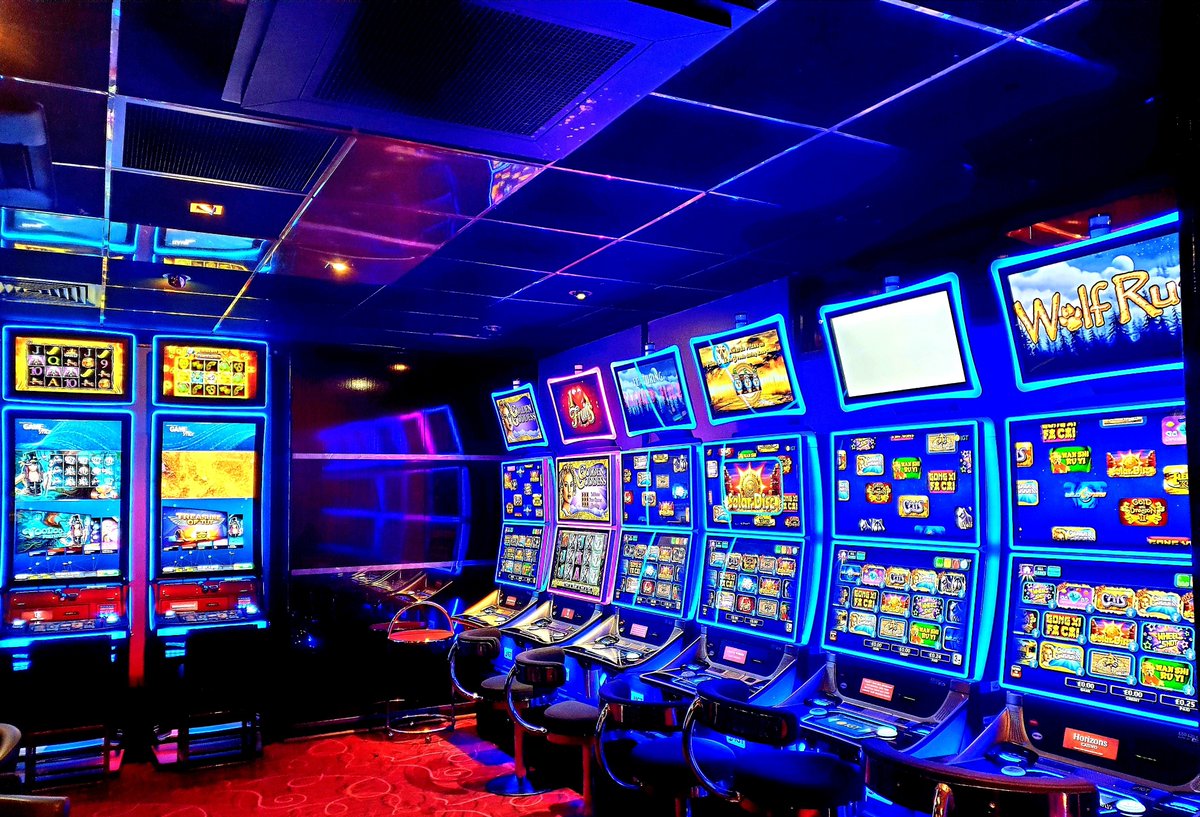
The realm of casino gaming has experienced a significant evolution in recent times, driven by technological progress and changing consumer preferences. As an increasing number of gamers turn to digital mediums for entertainment, traditional casino activities are being increasingly modified to meet the demands of a technology-oriented audience. This transition not just involves the transition from brick-and-mortar to virtual spaces but also encompasses the evolution of gameplay systems and player interaction strategies.
In this emerging virtual age, video game developers are leveraging cutting-edge technologies to develop immersive experiences that resonate with a varied spectrum of gamers. From online fruit machines with breathtaking visuals to interactive table games that replicate the atmosphere of a real-life gambling hall, the adaptation process is redefining how we perceive and enjoy gambling games. As we navigate this fascinating journey, it is evident that the future of gambling lies in the seamless fusion of cutting-edge tech with the timeless appeal of luck and tactics.
The Evolution of Casino Games
Casino entertainment have experienced significant transformations throughout history, reflecting changes in tech, culture, and gamer choices. In ancient eras, simple activities of luck were enjoyed using simple items such as stones and bones. As societies progressed, so did the complexity of these activities. The introduction of card games in the Middle Ages marked a pivotal moment, leading to the creation of well-known games like Texas Hold’em and blackjack, which are continuously played today. Over the centuries, the design of casinos has also transformed, transitioning from small local venues to expansive, elaborate establishments.
The 20th century ushered a change in the realm of gambling entertainment with the arrival of electronic gaming. Fruit machines appeared as a favored attraction, fascinating gamblers with their vibrant lights and sounds. This era also saw the rise of gambling hotels, which combined high-end accommodations with a diverse array of gaming options. The introduction of video gaming further expanded the field, allowing for more intricate designs and gameplay mechanics. These innovations not only attracted a broader audience but also changed the way gambling entertainment were experienced.
With the rise of the web in the final 90s and early 2000s, gambling games moved into a new online phase. Virtual casinos emerged, providing players with the ease of playing from their own spaces. This shift required game developers to reconsider traditional designs and adapt them for an engaging digital environment. Today, advancements in technology, including mobile gaming and VR, continue to shape the evolution of gambling entertainment, creating engaging experiences that captivate gamblers like never before. non GamStop
Primary Attributes of Digital Casino Games
Digital casino games have changed the way gamers engage with the gambling experience by providing immersive experiences that echo the excitement of physical casinos. One of the most notable features is the use of high-quality graphics and animations, resulting in a visually captivating environment. Developers focus on offering lifelike themes and engaging storylines that entice players into the game, improving their overall experience. The ability to offer 3D visuals and impressive sound effects means that players can savor a lively atmosphere similar to what they would find on a casino floor.
Another important aspect of online gambling games is the ease of access they offer to players around the world. Online platforms enable individuals to play their most-loved games from the comfort of their own abodes or on the go through mobile devices. This convenience is accompanied by a wide variety of game options, including video slots, tabletop games, and live casino games. Players no longer need to travel to a brick-and-mortar venue to enjoy their favorite betting experiences, allowing a wider audience to engage with casino games.
Lastly, online casino games frequently include innovative features such as interactive gameplay and community features. Many games now allow players to challenge one another against one another, enter tournaments, or even share their accomplishments on social media. This change encourages a sense of belonging among players while promoting healthy competition. Additionally, features like personalized avatars and in-game chat options boost player interaction, making the digital gaming experience even more enjoyable for all users.
The Outlook of Online Gaming
As technology advances, the landscape of online gaming is preparing for significant transformation. Immersive and augmented reality are disrupting the industry, offering players an immersive experience that mirrors the thrill of being in a physical casino. These advancements create opportunities for creators to introduce unique game formats and interactive features, reshaping how players engage with their preferred casino games.
Moreover, the integration of smart technology is improving user experiences and personalizing gameplay. AI can assess player behavior, offer tailored game options, and improve customer support through chatbots. This personalization not only maintains players engaged but also assists build a dedicated community around certain casino platforms, setting them for success in a competitive market.
In conclusion, the rise of gaming on mobile devices is another key factor shaping the future of online gaming. With an ever-growing number of players accessing casino games on their mobile devices, game designers are focusing on optimizing their platforms for mobile access. This change allows players to experience casino games anywhere, paving the way for a more versatile and approachable gaming environment that attracts a broader audience.